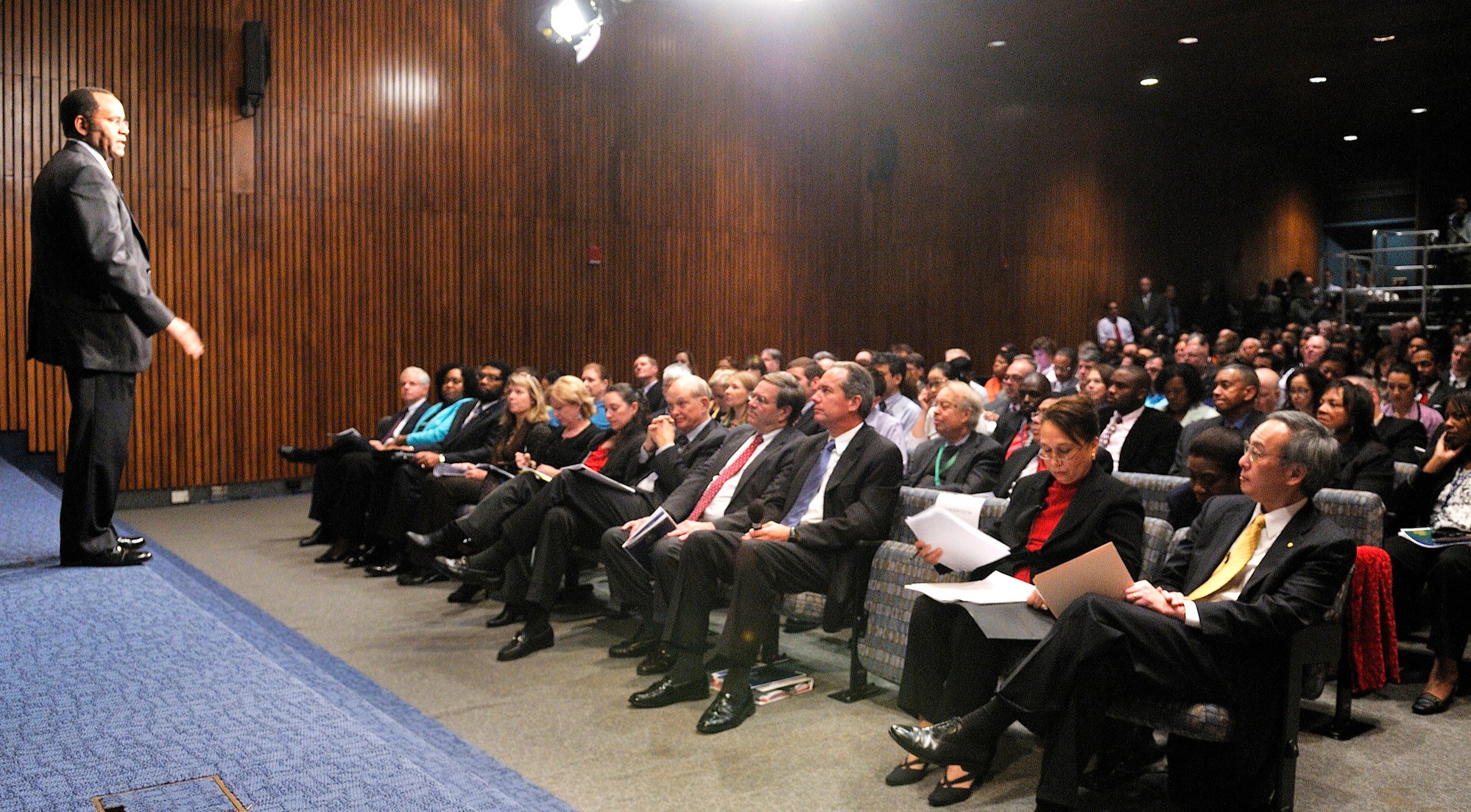
A Federal Strategy for Science Engagement
Summary
The Biden-Harris Administration should adopt a federal strategy for science engagement that enables all Americans to learn from, use, and participate in the process and outputs of science.
Investments in science and technology have the greatest impact when paired with increased public access to, and participation in, the scientific enterprise. Emerging areas of basic and applied research, such as synthetic biology and artificial intelligence, have important implications for society. Science engagement is essential for improving public scientific literacy, raising and discussing ethical considerations, and aligning research with public priorities and values. Broadening participation in the scientific enterprise is more than a question of who “does” the science. Rather, it requires looking beyond traditional science, technology, engineering, and mathematics (STEM) education for creative ways to increase public exposure to, understanding of, and meaningful contributions to science.
The first steps in a federal strategy for science engagement should focus on establishing and cultivating federal expertise in science engagement and improving coordination among federal science agencies. These efforts will emphasize knowledge sharing and ultimately allow for a greater understanding of the impact of science engagement on community and scientific outcomes.
This memo was drafted by contributors from the Day One Project, Advancing Research Impact in Society, and LISTEN Network, with generous support from the Kavli Foundation in consultation with participants from a Day One Project workshop focused on science engagement.
The Federation of American Scientists supports Congress’ ongoing bipartisan efforts to strengthen U.S. leadership with respect to outer space activities.
By preparing credible, bipartisan options now, before the bill becomes law, we can give the Administration a plan that is ready to implement rather than another study that gathers dust.
Even as companies and countries race to adopt AI, the U.S. lacks the capacity to fully characterize the behavior and risks of AI systems and ensure leadership across the AI stack. This gap has direct consequences for Commerce’s core missions.
As states take up AI regulation, they must prioritize transparency and build technical capacity to ensure effective governance and build public trust.